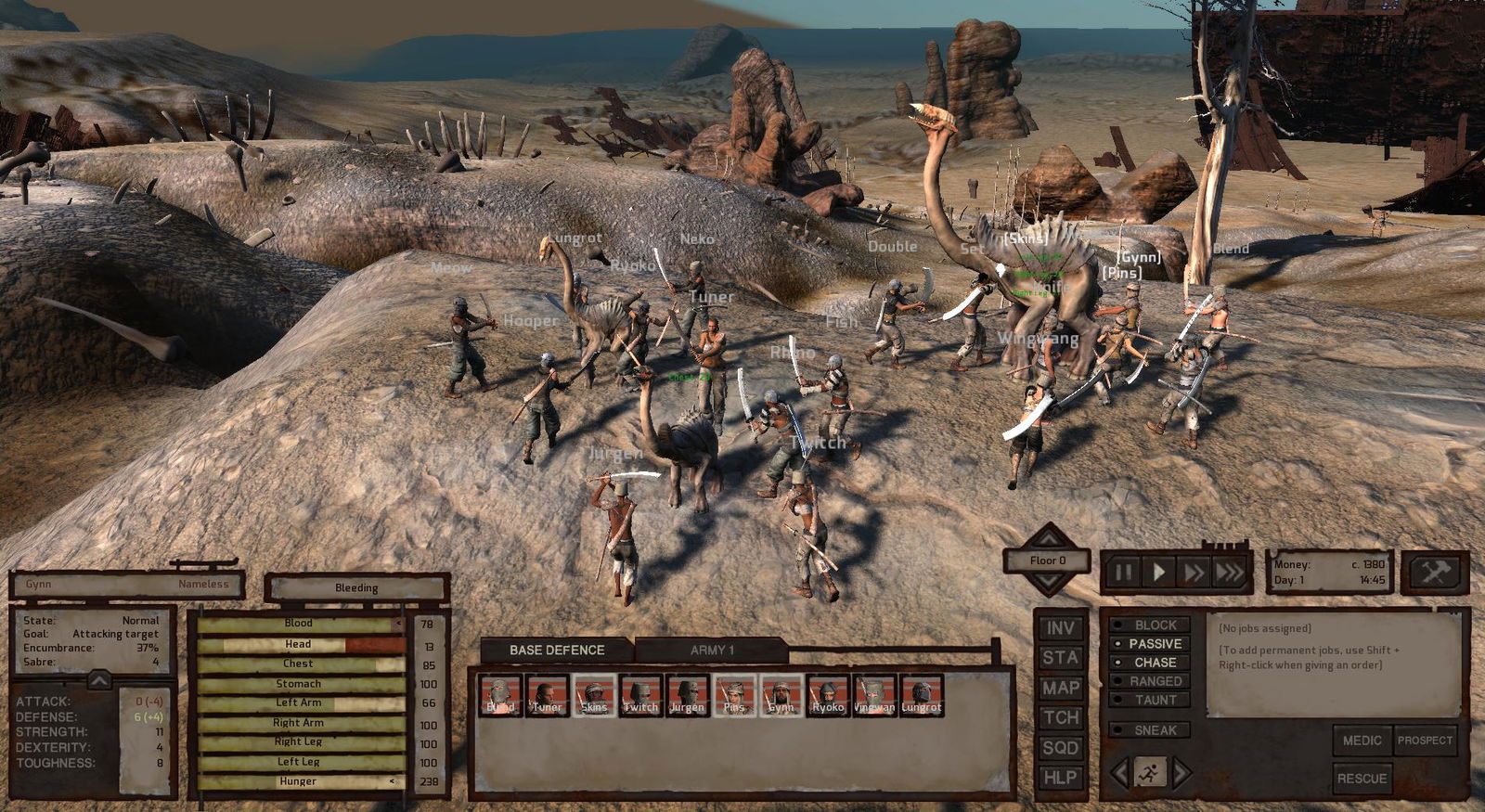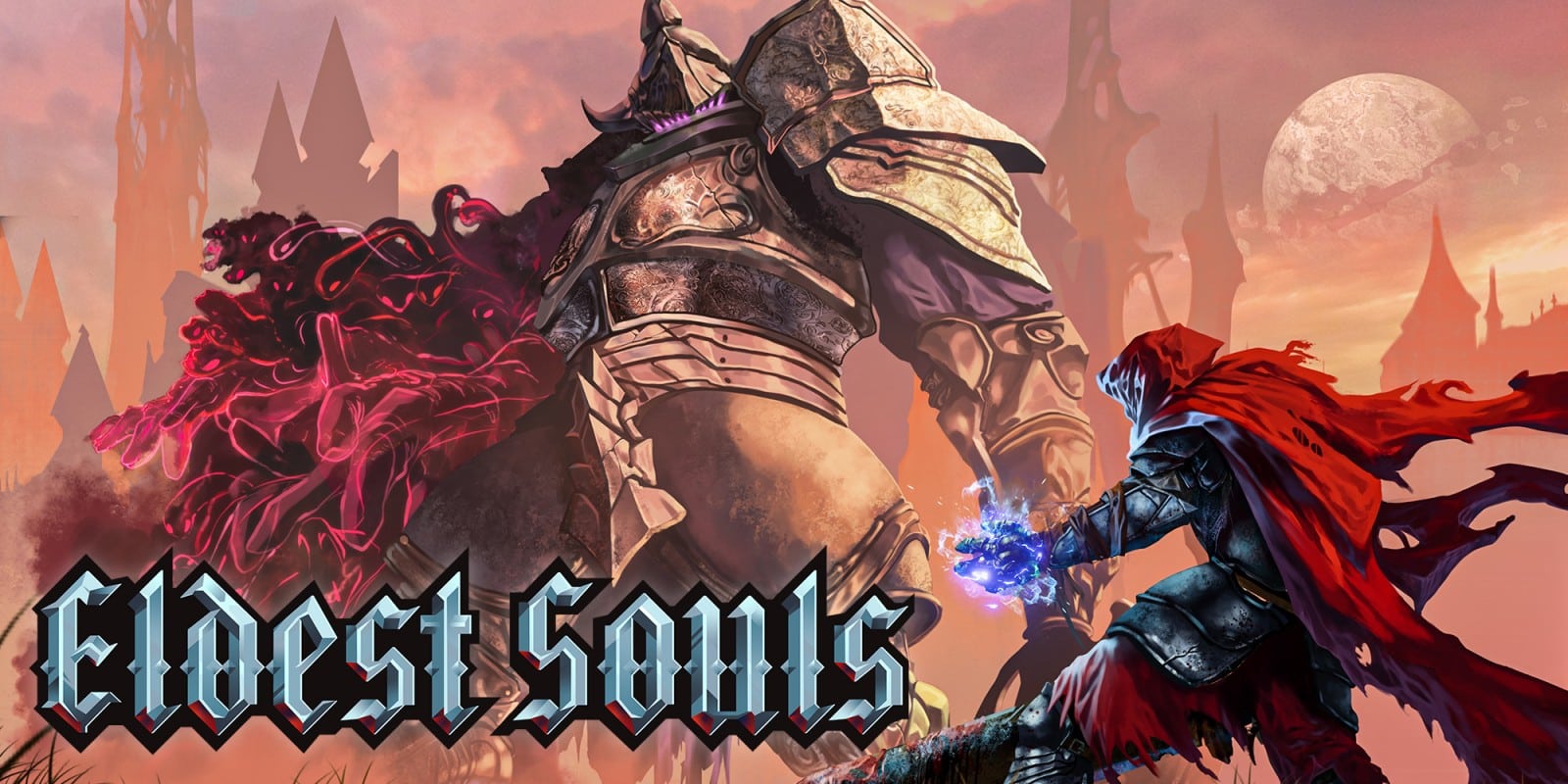There has been a desperate lawsuit that has threatened the future of the highly anticipated Subnautica 2. Former executives at Unknown Worlds, the company behind the popular underwater exploration series, sued Krafton, the South Korean publisher who acquired the company in 2021 for around $500 million plus another $250 million based on revenue milestones by 2025. The July 16 Delaware lawsuit on behalf of Charlie Cleveland, Ted Gill, and Max McGuire by Fortis Advisors alleges Krafton knowingly interfered with the creation of Subnautica 2 in a bid not to pay out the gigantic cash bonus.
The core of the controversy is Krafton’s unilateral act of removing the Unknown Worlds executives and unilaterally pushing back the early access release of Subnautica 2 from its initial release date. Even though Krafton justified that it was due to the lack of content in the early access build, as sanctioned by a leaked document that recently surfaced, the lawsuit claims this was done on purpose. The plaintiffs blame Krafton with a “months-long effort to hold off Subnautica 2’s release,” in an attempt to harm the game’s market value and eliminate the $250 million bonus.
The creators are looking for two primary items in this lawsuit: an order from the court for Krafton to pay the entire $250 million earn-out on the basis that the bonus should not be tied to revenue targets because Krafton sabotaged the game and a request to re-claim full creative and operational control of the Subnautica franchise. The claim in law provides a timeline of events subsequent to the 2021 acquisition, outlining the terms of finance as well as the obstructions said to have been put in place by the publisher. The lawsuit consists of three charges against Krafton: breach of contract and breach of good faith.
Though the public sympathizes with the original management of Unknown Worlds, the leaked report of early access condition is sufficient to give Krafton some reason for the delay. Neither of the former executives challenged the validity of this leak. With the eyes of the gaming public upon it, the court case highlights the conflicting relationships and potential disputes that result from large industry mergers, particularly where significant monetary interests come into play.















